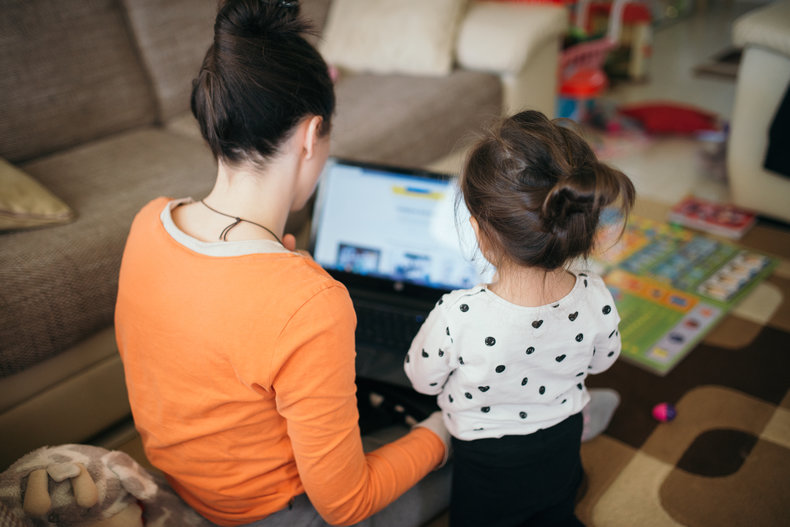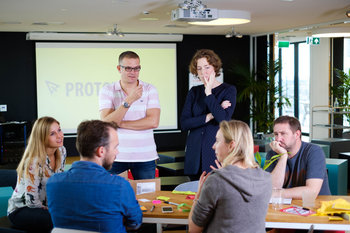
Principled Behavior | Adopting and trying to follow principles for behavior in digitial environments such treating people as you would like to be treated (golden rule) |
Digital Literacy | Knowledge of issues that occur in digital environments such as algorithms that feed you content that reflect your point of view (filter bubbles). |
Information Literacy | The ability to find, evaluate, process, use and communicate information. |
Research Literacy | The ability to research topics and to evaluate the authority, validity and implications of research. |
Digital Learning | The use of digital resources to learn. |
Digital Commerce | The ability to participate in digital commerce. For example, the ability to look for a job online. |
Digital Services | The ability to access and use public services online. For example, the ability to reserve library books online. |
Netiquette | Knowledge and experience of internet norms of behavior. |
Digital Access | Access to the internet and digital devices as a right. |
Shared Experience | The development of shared experience and cultural capital in digital places such as forums, social media or video games. |
Relational Capital | The ability to build and sustain social connections using digital tools. |
Digital law | Knowledge of the law as it pertains to digital environments (e.g. copyright law). |
Defensive Computing | Taking reasonable steps to compute securely. |
Digital Rights | Awareness and defense of rights in digital environments such as freedom of speech. |
Digital Wellness | Using digital tools in a healthy and reasonable way that sustains your quality of life. For example, limiting the use of engaging digital environments such as social media, ecommerce or video games to a few hours a day. |
Digital Communication | The ability to access and use digital communication tools such as email or messages. |
Digital Engagement | The ability to influence people online and engage in digital life as you see fit. |
Privacy | Taking care to protect your privacy online. Communication and the sharing of media can't be reversed such that once something is posted it may remain online forever. |
Parenting | The responsibility to protect your children and educate them with regards to digital risks. For example, restricting social media and game time to some healthy level. |
| Overview: Digital Citizenship | ||
Type | ||
Definition | The extension of civic duty and quality of life into digital realms such as digital media, social media and digital environments. | |
Related Concepts | ||




























